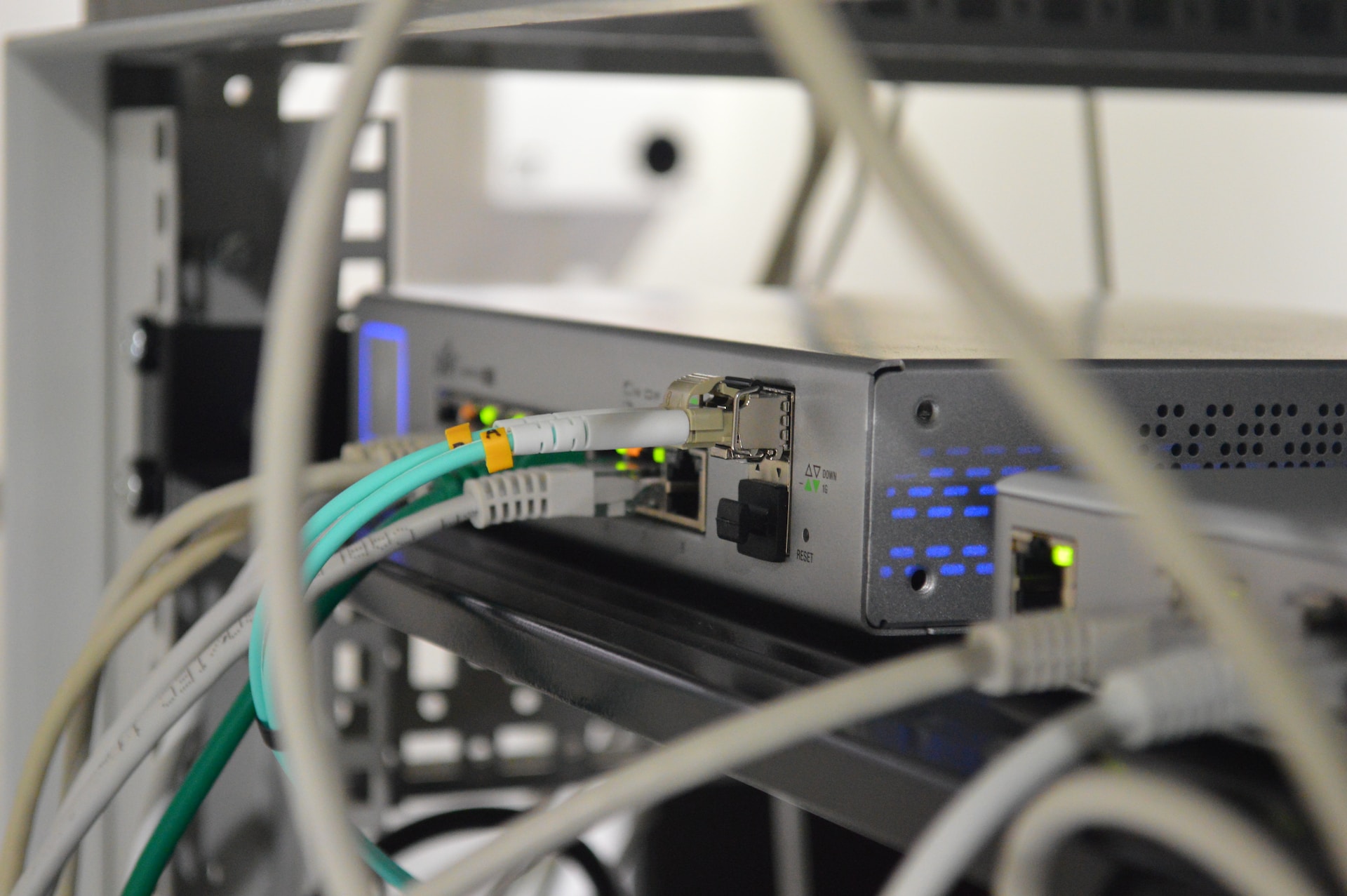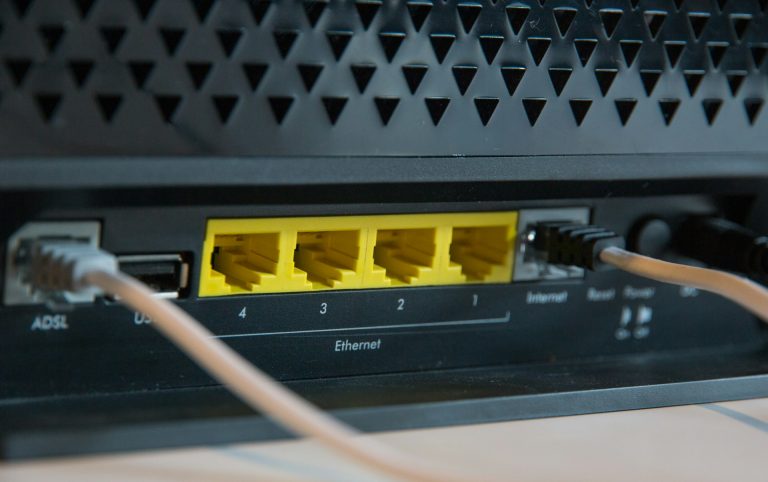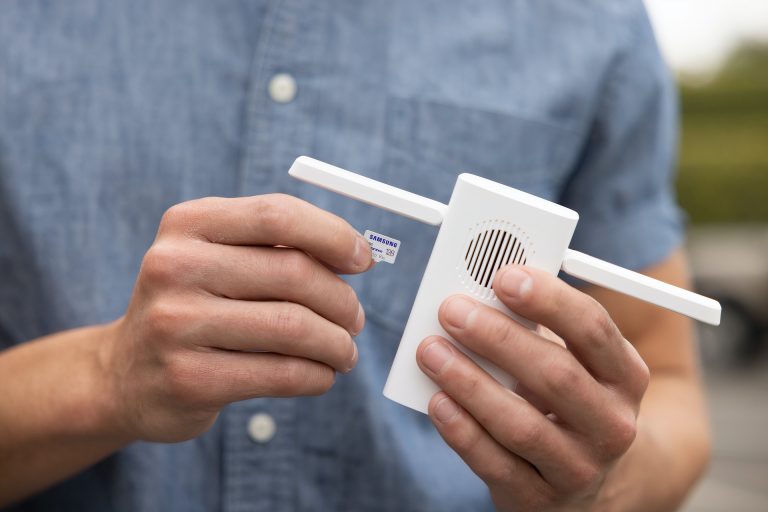Does Any Router Work with Any Internet Provider?
Table of Contents
People change their service providers for many reasons.
It could be that your service provider is not supplying you with the internet speed and stability you need. Or it could be that you are moving to a new area and you have to change your service provider. Whatever the reason is, it is enough to make you want a new service provider.
However, when getting a new service provider, you can find yourself in a dilemma. What happens to your old trusty router?
Can it team up with your new service provider and provide you with fast internet without you having to buy a router?
For us to answer these, let’s delve into the complexities of router compatibility and the options you might have with the ISPs.
Are All Routers Universally Compatible?
When you get yourself in a situation where you are getting a new service provider, and you still have your old router working fine, you can’t help but question the need for a new router. I mean, your router is working just fine. Can’t you connect it to your new service provider and continue surfing?
Well, the truth is not all routers are cut from the same digital cloth. Each router comes with its unique capabilities and compatibility depending on several factors, ranging from technical specifications to firmware updates.
Therefore, you should read the guidelines or compatibility list of the ISPs you are going for to ensure your router plays nicely with the new provider’s infrastructure.
How Do You Know If Your Router Is Compatible with Your ISP?
Determining if your router is compatible with your ISP involves a bit of detective work.
First, consult your ISP’s official documentation or website; they often provide a list of recommended routers or compatibility guidelines.
Alternatively, you can check your router specifications. Look for details like supported protocols, frequency bands, and any specific requirements outlined by your ISP.
If in doubt, a quick call to your ISP’s customer support can provide clarity, ensuring your router is on friendly terms with your chosen Internet Service Provider.
Do You Have to Use the Router Provided by Your ISP?
You’re not obligated to use the router provided by your Internet Service Provider. While ISPs often offer routers for convenience, you have the freedom to choose and use your router, given it meets the technical requirements specified by your ISP.
Many users opt for third-party routers with advanced features or better performance. Therefore, ensure that the router you choose aligns with your ISP’s compatibility standards, and you can enjoy the flexibility of selecting a router that suits your preferences and needs.
How to Connect a Router to a New Service Provider
Connecting your router to a new service provider is often a straightforward process.
First, check the guidelines provided by your new Internet Service Provider. Gather essential information such as network settings, username, and password.
Next, power off your modem and the old router if you’re replacing it. Then, Connect the new router to the modem using an Ethernet cable. Power on the modem, wait for it to stabilize, and then power on the router.
Access the router’s settings through a web browser using the provided IP address. Follow the setup wizard, inputting the necessary details from your ISP. Once you finish the configurations, your router should establish a connection with the new service provider, and you’ll be back online in no time.
Remember, each router may have slight variations in the setup process, so consulting the router’s manual is always a good idea.
What Are the Benefits of Matching Router with Your ISP?
Matching your router with your Internet Service Provider comes with several benefits.
Firstly, it ensures optimal performance. When your router is specifically designed to meet your ISP’s requirements, it can handle the data flow more efficiently, resulting in a smoother and faster internet experience.
Moreover, compatibility reduces the likelihood of connectivity issues. A router tailored to work seamlessly with your ISP is less prone to dropouts, disconnections, or other technical hitches. This contributes to a more consistent and enjoyable online experience.
In addition, matching your router with your ISP often simplifies the setup process. Many ISPs provide detailed instructions and support for recommended routers, making it easier for users to configure their networks without technical headaches.
Ultimately, the benefits of aligning your router with your ISP extend beyond compatibility; they manifest in improved performance, reliability, and user-friendly experiences as you surf the digital realm.
Can a Router Have 2 Internet Connections?
Some routers can handle two internet connections simultaneously.
If your router has the dual-WAN feature, it can manage and distribute internet traffic across two connections, offering benefits like load balancing and redundancy.
Load balancing enables your router to distribute data traffic across the two connections, optimizing overall performance and preventing network congestion.
Alternately, redundancy ensures a backup connection in case one internet source fails. This feature comes in handy if you are running businesses or require a stable and uninterrupted internet connection.
However, it’s important to note that not all routers have dual-WAN capability. If this feature is essential for your setup, check the router specifications and choose a router that can support multiple internet connections.
In Conclusion
Remember, having an ISP-compatible router can transform your online experience significantly. It can provide you with a stable and uninterrupted connection for your browsing. Therefore, it’s not always just about technical specifications; it’s about crafting an experience uniquely tailored to you. So, choose wisely, stay connected, and enjoy the symphony of the digital age.
FAQ
Do I need to change my router when changing my ISP?
Not necessarily. If your current router meets the compatibility requirements of your new ISP, you can continue using it seamlessly. However, before you get a new ISP, check their guidelines and compatibility lists to ensure a smooth transition.
Can you just buy a new router and plug it into your service provider?
While buying a new router is an option, you should ensure the router you buy aligns with your ISP’s specifications. Check for compatibility and follow the setup instructions provided by the router manufacturer and your service provider to avoid any connectivity issues.
Which router is best for 300mbps internet?
For a 300Mbps internet connection, you will need to get a router with at least 450Mbps or higher throughput to enable your router to utilize the available speed. Routers from reputable brands like TP-Link Archer C7, ASUS RT-AC68U, or Netgear Nighthawk AC1750 are popular choices known for their reliable performance in the 300Mbps range. Before you buy a router, ensure to check the reviews on it. Additionally, consult your ISP for specific recommendations based on your individual needs.




